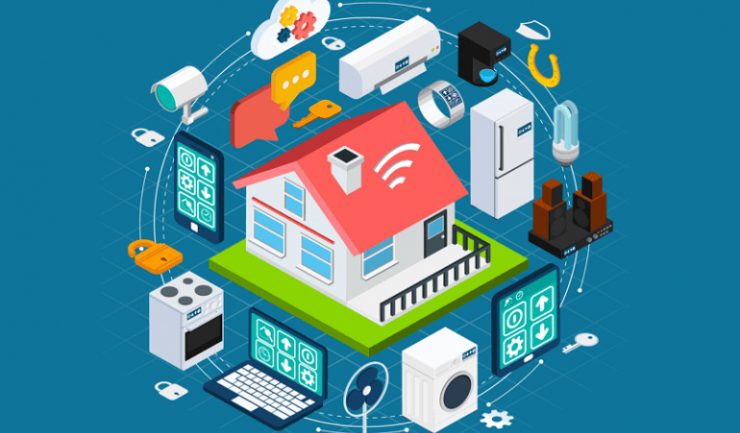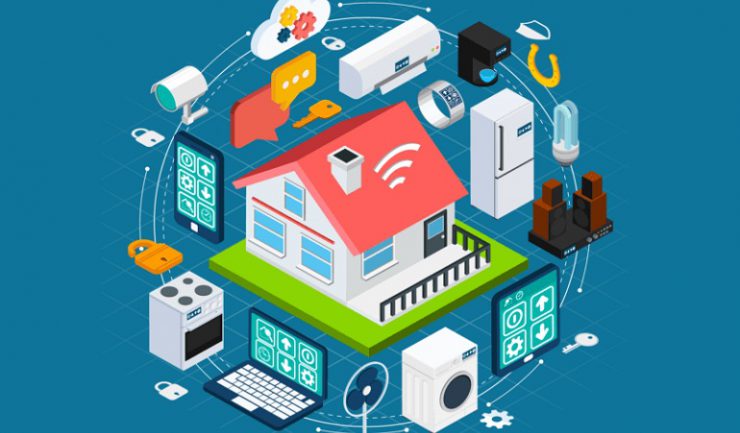Global market research firm Euromonitor International has released a report highlighting the top global consumer trends to watch in 2019.The emerging trends provide insight into changing consumer values and explore how their behaviour is disrupting business globally.
Intelligence is the common thread linking all trends in 2019. In a world full of choices, consumer needs and wants are fast-changing “How we live is so centrally dependent on the choices available that the biggest issue we face is how to make sense of it all,” Euromonitor International director of lifestyles, Gina Westbrook said.
The boundaries of old age are shifting as people live longer and take better care of themselves. Older consumers want to be treated as younger, according to the ‘Age Agnostic’ trend and should be at the centre of business strategies. “Older consumers today have much more in common with the values and priorities of younger generations than one might think,” Westbrook said.

Later lifers are also in better financial shape than the rest of the population, boasting the highest spending power among all age groups. People aged 50-59 years old earned 28% above the average income of all age groups in 2018.
‘Back to Basics for Status’ reflects a growing trend for status-conscious consumers searching for authentic products and experiences who are moving away from overt materialism to simplicity, authenticity and individuality.
The Loner Living trend will become increasingly important as people, especially older consumers, break the stigma of living alone and embrace their independent lifestyles, Euromonitor International head of lifestyles, Alison Angus said. “Products and services that help these consumers celebrate their proudly independent lifestyles will succeed in capturing this growing market segment.”
‘Everyone is an Expert’ showed the switch in power between retailer and consumer and the need for digital consumers to absorb and share information. As internet retailing continues to increase all industries have to adapt to consumer demands to stay relevant. However, over-reliance on the internet is becoming a source of stress, and this perception is growing fastest in the US, Australia and South Korea.

